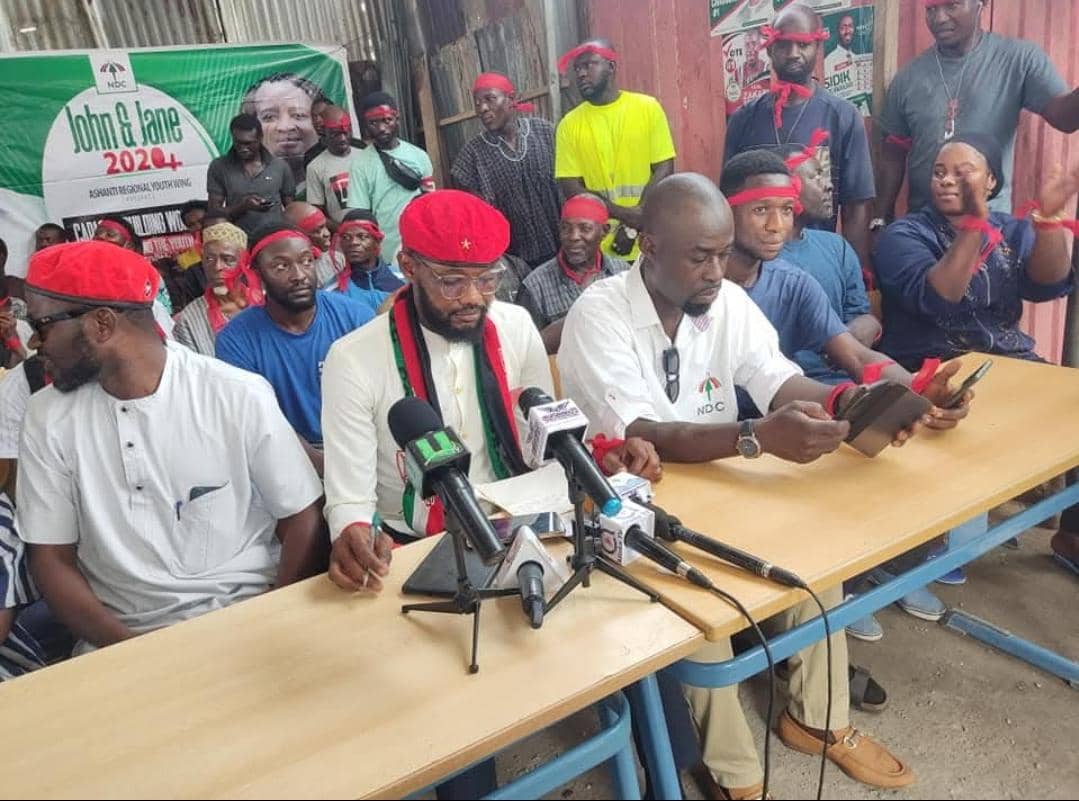Dr. Mary Awusi Hails Ghana Infrastructure Plan as a Blueprint for Industrial Transformation

The Chief Executive Officer of the Ghana Free Zones Authority (GFZA), Dr. Mary Awusi, has commended the launch of the Ghana Infrastructure Plan (GIP) by the National Development Planning Commission (NDPC), describing it as a transformative blueprint that will accelerate industrialization, investment, and national development.
The official launch, held on Tuesday, October 22, 2025, in Accra, brought together top government officials, policymakers, development partners, and key industry leaders to unveil Ghana’s 40-year infrastructure development framework. The plan seeks to strategically guide infrastructure growth across all sectors of the economy, laying the foundation for sustainable progress toward Ghana’s Vision 2057 — a vision to achieve full industrialization and high-income status by the centenary of the nation’s independence.
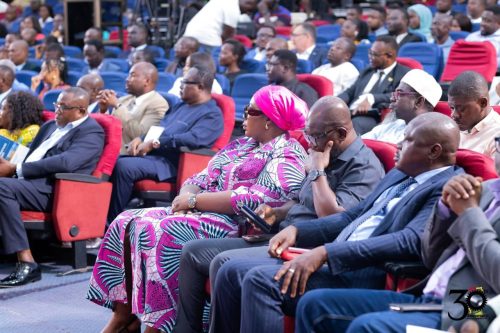
The momentous event was graced by His Excellency President John Dramani Mahama, who highlighted the need for consistency, transparency, and collaboration in implementing the plan. The President emphasized that the GIP would ensure that all infrastructure initiatives — from energy and transportation to housing, technology, and sanitation — are well-coordinated to deliver maximum impact for citizens and investors alike.
Representing the Ghana Free Zones Authority, Dr. Mary Awusi expressed deep appreciation to the NDPC for its foresight and leadership in crafting a comprehensive plan that aligns with the long-term economic and industrial aspirations of the nation.
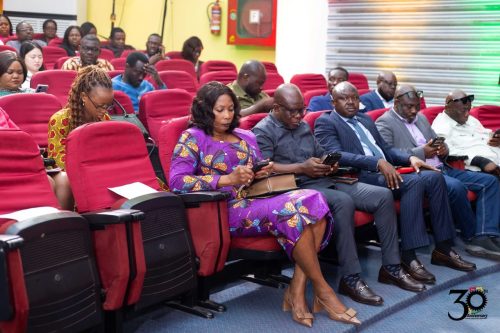
According to Dr. Awusi, the Ghana Infrastructure Plan provides a clear roadmap that will strengthen the country’s physical and digital infrastructure, boost investor confidence, and position Ghana as a preferred destination for trade and manufacturing in the subregion.
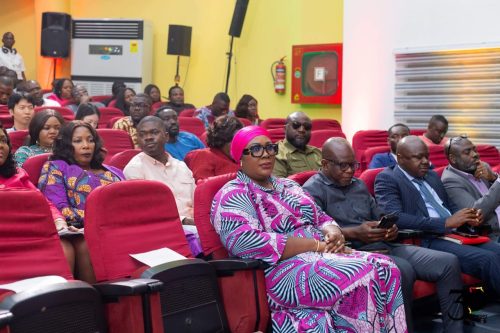
“Infrastructure is the foundation upon which every successful economy is built,” she said. “At the Ghana Free Zones Authority, we believe strong infrastructure is key to driving trade, investment, and industrial growth — essential pillars for Ghana’s Vision 2057. This plan is therefore not just a document, but a roadmap to national transformation.”
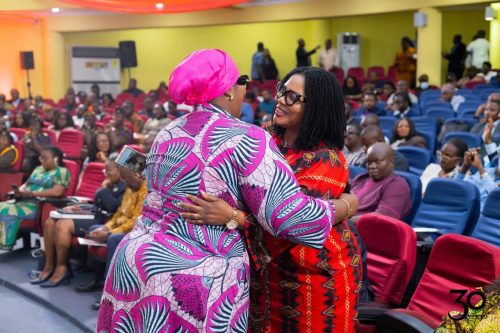
She further noted that the GFZA remains committed to aligning its operations and development projects with the GIP to ensure that the Authority’s industrial enclaves and free zone sites across the country benefit from modern roads, reliable power, water, and ICT connectivity. These improvements, she said, will create the ideal environment for local and foreign investors to establish export-oriented industries that will create jobs and generate foreign exchange.
Dr. Awusi reiterated that the Authority’s strategic focus is to support the government’s broader agenda of promoting value addition to Ghana’s raw materials, encouraging export diversification, and building a competitive industrial base supported by resilient infrastructure.
The launch event also featured detailed presentations from NDPC officials on the key components of the 40-year plan, highlighting sectoral priorities and the mechanisms for monitoring progress. Development partners and private sector representatives pledged their readiness to collaborate with government institutions to ensure the plan’s successful execution.
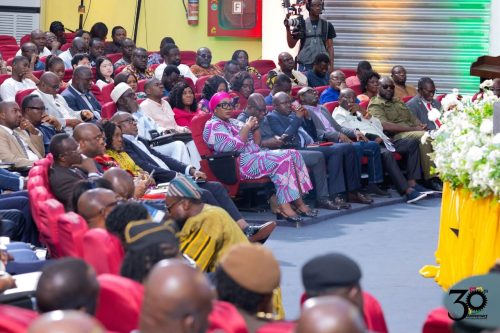
Participants at the event lauded the NDPC for the inclusive and data-driven process that shaped the Ghana Infrastructure Plan, ensuring that it reflects both national priorities and the Sustainable Development Goals (SDGs)
For Dr. Awusi, the GIP’s unveiling represents more than just policy planning — it symbolizes Ghana’s commitment to long-term, sustainable transformation through infrastructure-led industrialization.
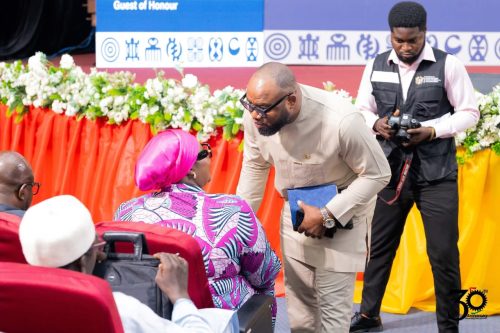
“The Ghana Infrastructure Plan gives hope to businesses, investors, and communities,” she remarked. “It demonstrates that Ghana is thinking ahead — planning not just for today, but for generations to come. With this plan, we can achieve the kind of industrial transformation that will truly define our future.”
The Ghana Infrastructure Plan, covering the period 2025–2065, is expected to serve as a guiding framework for the design, financing, and implementation of major infrastructure projects across the country. It also emphasizes the need for green and resilient infrastructure, ensuring that development is inclusive and environmentally sustainable.
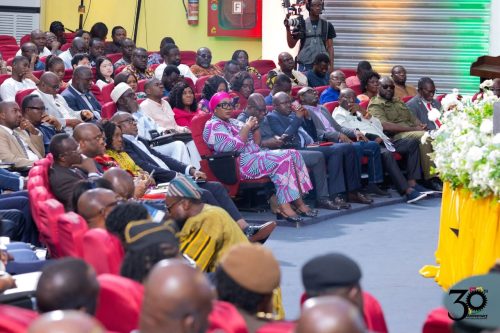
Dr. Mary Awusi’s participation at the launch reaffirmed the Ghana Free Zones Authority’s unwavering dedication to working hand-in-hand with government and development partners to ensure that Ghana’s infrastructure growth directly supports industrial competitiveness, trade facilitation, and investment attraction — paving the way for a prosperous and industrialized Ghana by 2057.
By Joseph Amoateng Junior



